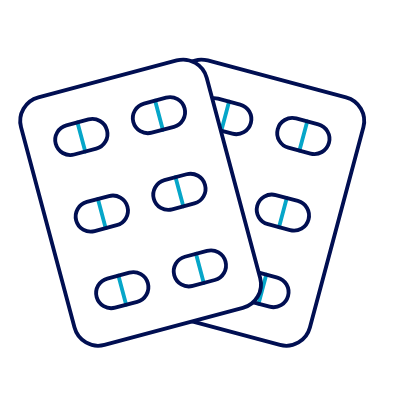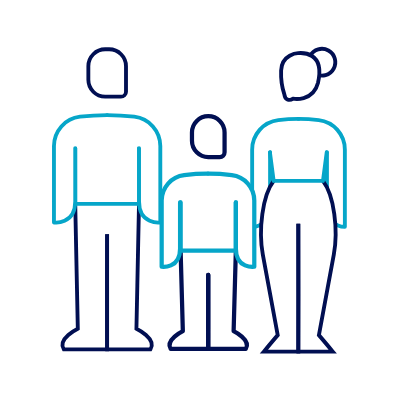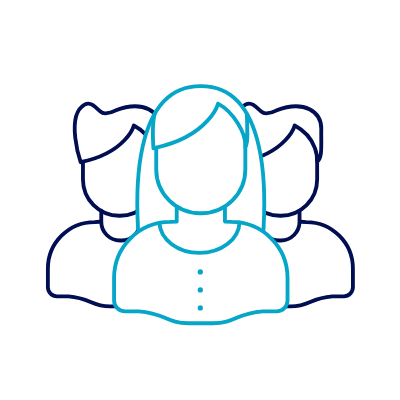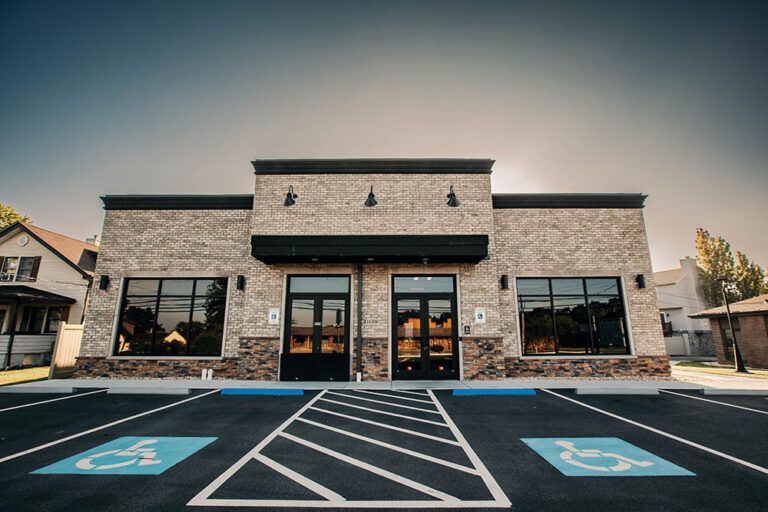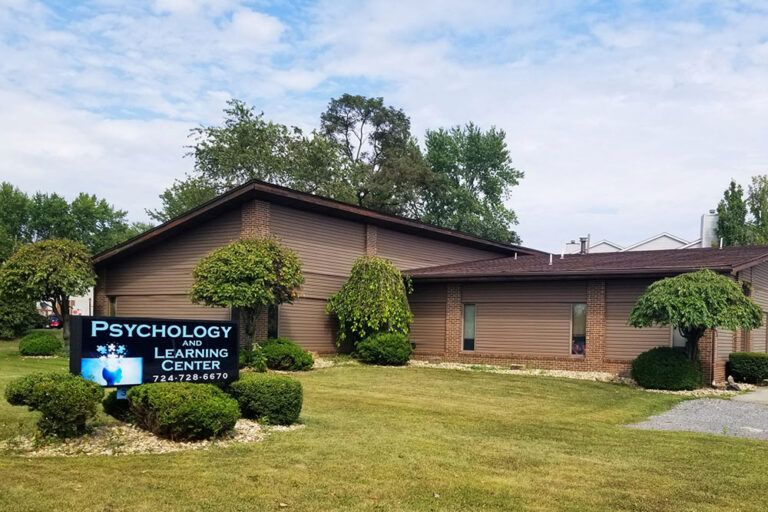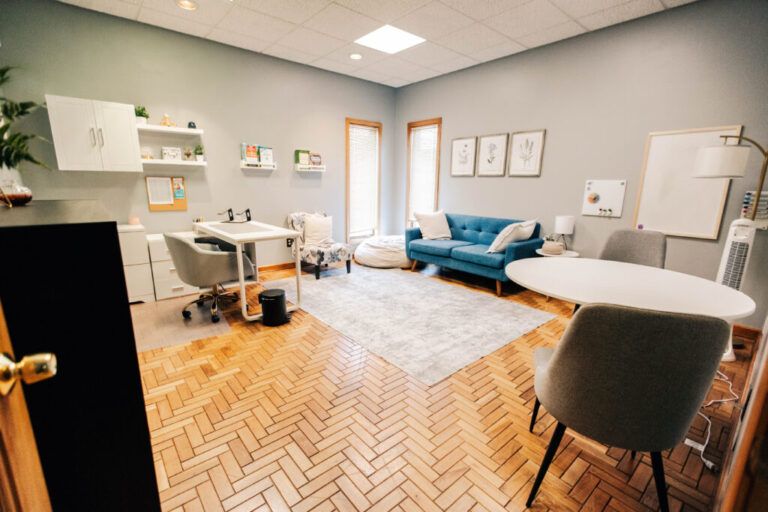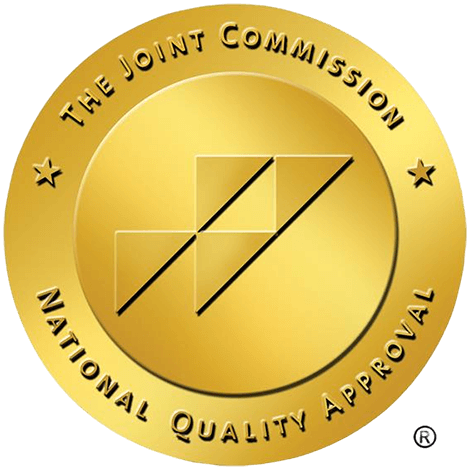Evaluation procedures may include assessments of cognitive ability (IQ), neuropsychological measures to further assess attention, memory, and social cognition, ADOS-II testing (for Autism Spectrum Disorder), and standardized academic achievement measures. While such evaluations often generate a wealth of data and scores, our goal at Psychology and Learning Center is always to “describe the person,” since no diagnosis can define a human being. We make every effort to work with school districts, primary care physicians, case managers, and outside agencies in order to share information, collaborate on assessment results, and coordinate service needs.
Evaluation services are commonly requested when a child or adult is experiencing any of the following concerns:
- Exhibiting difficult behaviors, such as arguing or refusing to do what is asked
- Becoming excessively angry and struggling to control emotions
- Having difficulty socializing/getting along with others
- Worrying frequently, self-isolating, or having negative thoughts
- Struggling to focus, organize, and recall information
- Having a history of speech and/or other developmental delays
- Having obsessive interests
- Having difficulty managing activities of daily living
- Experiencing declines with everyday memory
- Having specific concerns about diagnoses such as Attention-Deficit/Hyperactivity Disorder (ADHD), Autism Spectrum Disorder, intellectual disabilities, or other behavioral or trauma-related disorders
These evaluations are typically conducted over three sessions:
- A diagnostic interview to determine appropriateness for psychological testing (approximately 45 minutes). During this appointment there will be discussion of history , concerns, and assessment planning.
- An individual assessment with the child, adolescent, or adult (1-3 hours). The individual assessment will consist of in-person testing and completion of ratings scales.
- A feedback session to discuss results, recommendations, answer questions, and coordinate care through referrals if needed. A copy of the evaluation report will be provided approximately 2-3 weeks from the feedback session.
Psychological testing is a specialized service that uses standardized assessment measures and procedures to gather data to inform diagnosis and treatment direction. The process of completing this assessment also includes scoring, interpretation of data, and writing of the evaluation report. Please understand that the process of completing an evaluation often involves several months.
Our evaluations often help to inform various symptoms and concerns that affect a child’s functioning at school (such with ADHD and forms of dyslexia) and may help schools with meeting the child’s educational needs. These evaluations are not substitute for a school’s multidisciplinary evaluation. PLC does not accept requests for Independent Educational Evaluations (IEEs). Additionally, PLC does not complete court-ordered evaluations or evaluations that serve a legal or forensic purpose (such as child custody evaluations)
Out-of-Pocket Rates
While we accept most insurance policies, we also offer the following private pay options for patients whose policies we may not accept or who are requesting an evaluation not covered under insurance benefits:
- Kindergarten readiness evaluations: $1,000
- Gifted testing (IQ and achievement): $800
- Court-ordered evaluations: $2,000 minimum, with additional costs dependent on complexity. Separate fees for court testimony will be determined on a case-by-case basis.
All other requests: $135 for initial intake/review of history, $1,000 – $2,000 for evaluation depending on level of complexity.
If you are a new patient and wish to schedule an evaluation with one of our psychologists, please click here.




